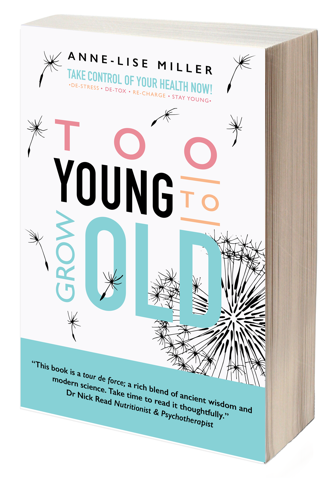Not all fats are born equal
Misinformation about fat cholesterol and obesity is intricately linked to the very active lobbying of both drug and food industry, arguably the two most powerful organisation on earth!! No wonder we are confused. The drug industry needs to keep our blood cholesterol up in order to sell us some statin and the food industry needs to sell us cheap food, no matter how un-nutritious, so they can max on profit … and occasionally sneak in a bit of cholesterol lowering wood pulp derivative and appear to care for our health.
So what is the truth about fat?
Fat is the preferred energy source of our cell … not sugar!! They are essential to our every cell’s functions for integrity and duplication. They make up hormones, nerve myelin, brain tissues, bile salts and many more. We need fat!!
All fats are made of fatty acids which are split from the glycerol part of fat by our digestive enzyme (bile and lipase) so that they can be absorbed. Those are complicated molecule made of carbon and hydrogen that confer the specific taste and make-up of the fat.
There are 3 types of fatty acids :
• The more stable saturated fatty acids that will not easily peroxide and turn into something toxic and pro-inflammatory even if heated (within reason). They are found in animal fats, avocado, coconut etc.
• The mono-saturated fatty acids that are relatively stable but will still peroxide if heated or exposed to light. They are found most in olives, avocado, dairy, cashew, etc.
• The very unstable heat, air and light sensitive poly-unsaturated (PUFA) fats that will peroxide every step of the way from extraction to consumption. Those are found most in nuts seeds and vegetable oils and omega 3, which is also a PUFA, is found only in animal fats (good quality meat, oily fish and krill).
Margarine and hydrogenated fats (found in most junk foods and all fried foods) are exaggeratedly heated/ processed fats that will no longer go rancid but are totally unrecognisable by the body and cannot be easily broken down. Consequently they end up as fatty deposit wherever they are… inside arteries, around the liver, heart and gut, etc. Best avoided at all cost!!
Fatty acids can be short, medium or long chains.
So what is special about coconut?
Coconut oil is nature's richest source of healthy medium-chain fatty acids (MCFAs), those are sent directly to the liver to use as energy. This makes coconut oil a powerful source of instant energy, a function usually served in the diet by simple sugar. Numerous studies have shown that, unlike simple sugar, MCFAs promote weight loss and help improve insulin sensitivity and glucose tolerance. Additionally, research has demonstrated that, due to its beneficial metabolic effect, coconut oil also increases thyroid activity thus increasing beneficial effect on metabolism even more.
Another health benefit of coconut oil is its beneficial influence on the inflammatory cascade mediated by an excess of PUFA, especially the omega 6 to 3 ratio, in the diet. This inflammatory cascade is often implicated in the development of allergies, auto-immune diseases and arthritis as well as Cardiovascular disease and diabetes.
Half of the fat content in coconut oil is lauric acid—a fat rarely found in nature—that could easily qualify as a "miracle" ingredient because of its unique health promoting properties. Lauric acid converts into monolaurin, which has anti-viral, anti-bacterial and anti-protozoa properties and make it an excellent support for healthy bowel flora. It is also nourishing for the intestinal wall and the skin alike and can be used topically instead of moisturiser.
You can add raw organic coconut oil to green juices, smoothies, and even coffee (in lieu of sugar). It’s also the ideal choice for all types of cooking. In fact, it's the only oil stable enough to resist mild heat-induced damage. So, whenever you need an oil to cook or bake with, use coconut oil instead of butter, olive oil, vegetable oil, margarine, or any other type of oil called for in recipes.
See also : Fluffy Coconut Flour Pancakes Recipe


